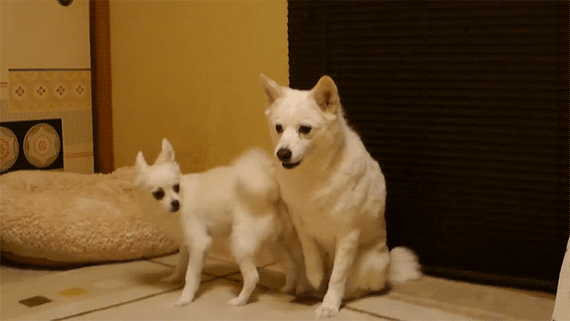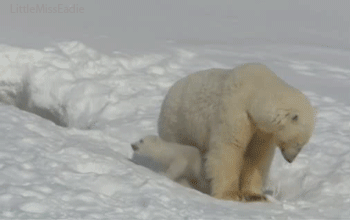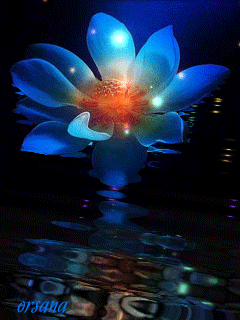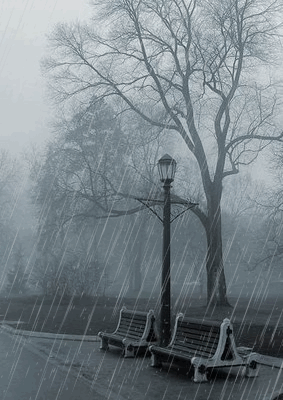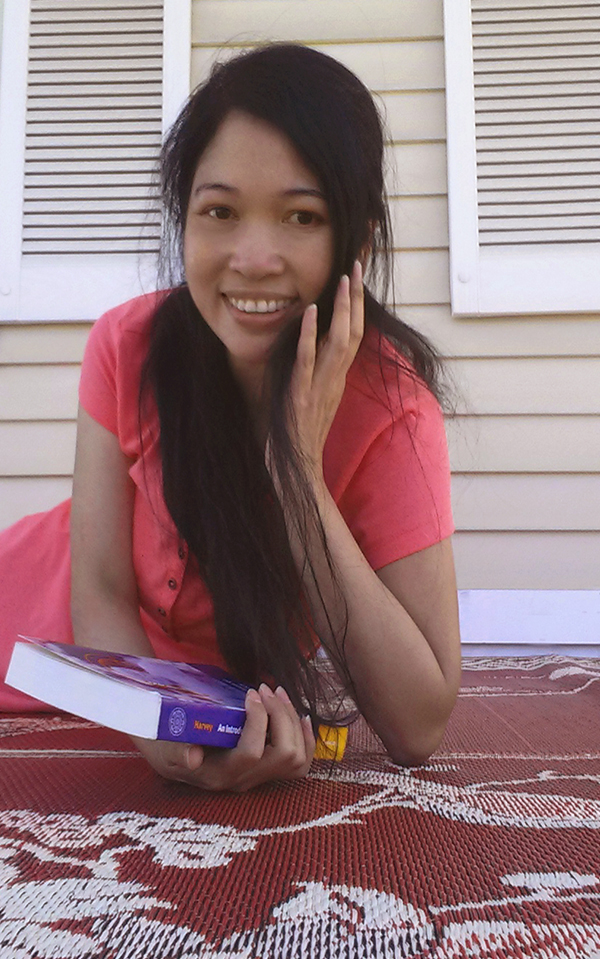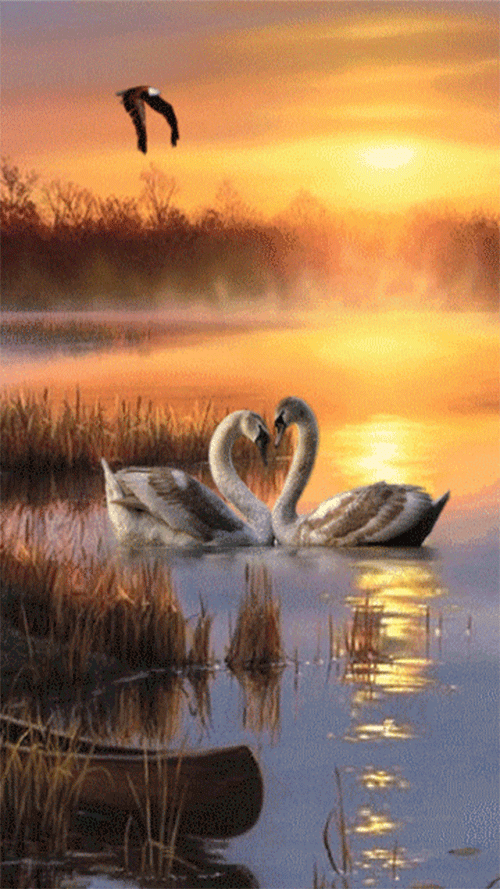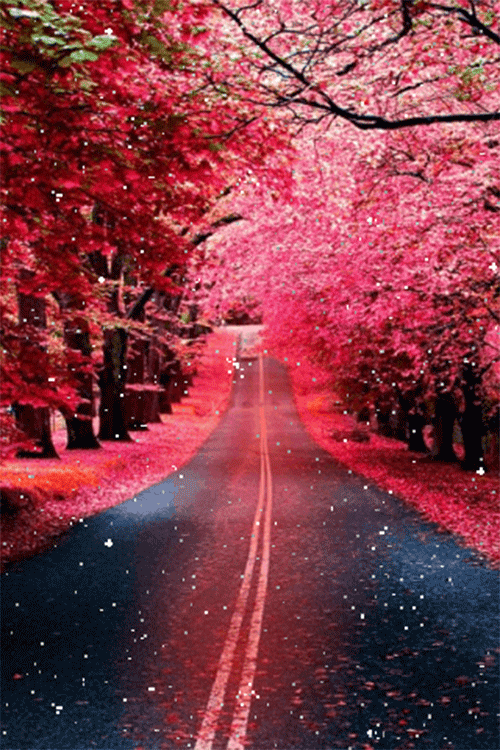Opening the Dhamma Eye
A Dhammatalk by Ajahn Chah
Some of us start to practise, and even after a year or two, still don’t know what’s what. We are still unsure of the practice. When we’re still unsure, we don’t see that every thing around us is purely Dhamma, and so we turn to teachings from the Ajahns. But actually, when we know our own mind, when there is sati to look closely at the mind, there is wisdom. All times and all places become occasions for us to hear the Dhamma.
We can learn Dhamma from nature, from trees for example. A tree is born due to causes and it grows following the course of nature. Right here the tree is teaching us Dhamma, but we don’t understand this. In due course, it grows and grows until it buds, flowers and fruit appear. All we see is the appearance of the flowers and fruit; we’re unable to bring this within and contemplate it. Thus we don’t know that the tree is teaching us Dhamma. The fruit appears and we merely eat it without investigating: sweet, sour or salty, it’s the nature of the fruit. And this is Dhamma, the teaching of the fruit. Following on, the leaves grow old. They wither, die and then fall from the tree. All we see is that the leaves have fallen down. We step on them, we sweep them up, that’s all. We don’t investigate thoroughly, so we don’t know that nature is teaching us. Later on the new leaves sprout, and we merely see that, without taking it further. We don’t bring these things into our minds to contemplate.
If we can bring all this inwards and investigate it, we will see that the birth of a tree and our own birth are no different. This body of ours is born and exists dependent on conditions, on the elements of earth, water, wind and fire. It has its food, it grows and grows. Every part of the body changes and flows according to its nature. It’s no different from the tree; hair, nails, teeth and skin – all change. If we know the things of nature, then we will know ourselves.
People are born. In the end they die. Having died they are born again. Nails, teeth and skin are constantly dying and re-growing. If we understand the practice then we can see that a tree is no different from ourselves. If we understand the teaching of the Ajahns, then we realize that the outside and the inside are comparable. Things which have consciousness and those without consciousness do not differ. They are the same. And if we understand this sameness, then when we see the nature of a tree, for example, we will know that it’s no different from our own five ‘khandhas2’ – body, feeling, memory, thinking and consciousness. If we have this understanding then we understand Dhamma. If we understand Dhamma we understand the five ‘khandhas’, how they constantly shift and change, never stopping.
So whether standing, walking, sitting or lying we should have sati to watch over and look after the mind. When we see external things it’s like seeing internals. When we see internals it’s the same as seeing externals. If we understand this then we can hear the teaching of the Buddha. If we understand this, then we can say that Buddha-nature, the ‘one who knows’, has been established. It knows the external. It knows the internal. It understands all things which arise.
Understanding like this, then sitting at the foot of a tree we hear the Buddha’s teaching. Standing, walking, sitting or lying, we hear the Buddha’s teaching. Seeing, hearing, smelling, tasting, touching and thinking, we hear the Buddha’s teaching. The Buddha is just this ‘one who knows’ within this very mind. It knows the Dhamma, it investigates the Dhamma. It’s not that the Buddha who lived so long ago comes to talk to us, but this Buddha-nature, the ‘one who knows’ arises. The mind becomes illumined. Continue reading



